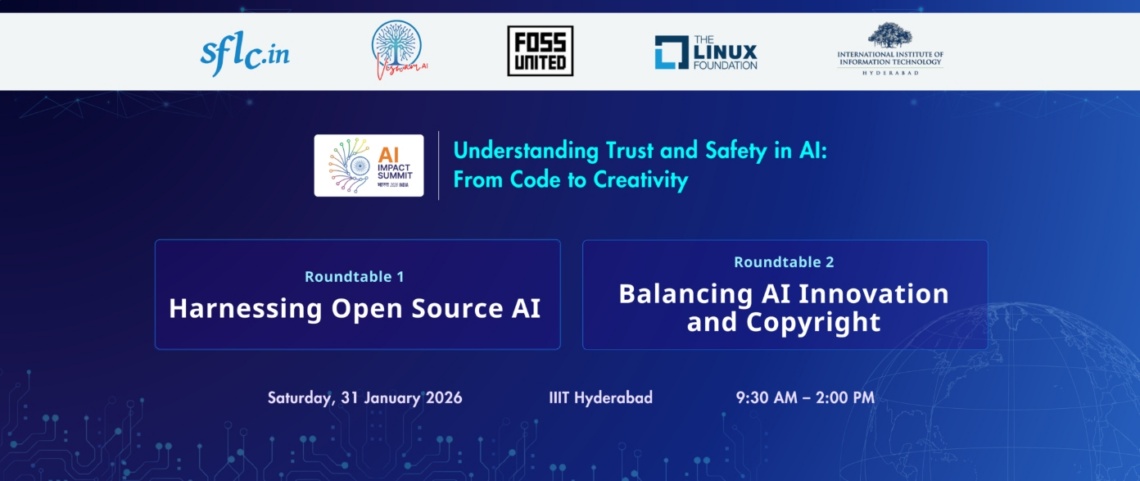On Day 26 of the final Aadhaar hearing, Attorney General, Mr. K.K Venugopal resumed his submissions for the State. He began by explaining retrospective saving of Acts/statutes and cited cases to show that past actions can be validated by a subsequent Act. He stated that Section 59 of the Aadhaar Act provided retrospective application of the Act.
Mr. Venugopal, next read out the third version of the Aadhaar enrolment form and asserted that enrolment is free and voluntary and the form has provisions to take informed consent. Justice Chandrachud interjected and said that the first two forms did not have any reference to biometrics and that it was only inserted in the third form, to which Mr. Venugopal replied that the first two forms were hardly used because in the initial phase of enrolment, the government had only mandated enroling one crore individuals. He also stated that the Central Bureau of Investigation (CBI) had gone to Bombay High Court to obtain biomterics from the Aadhaar database in connection of a rape case since UIDAI had refused to part with biometric information of individuals without their consent.
Thereafter, Mr. Venugopal read out Justice Chandrachud’s part of the K.S Puttaswamy judgment about “reasonable expectation of privacy” and emphasized that the State has no interest in collection of biometrics except for the benefit of the individual himself.
Mr. Venugopal contended that before the right to privacy was recognized by the Supreme Court, the government acted in a bonafide manner when they launched the Aadhaar project and such action cannot be said to be void by retrospective action. Justice Chandrachud at this point highlighted that the question of privacy was irrelevant in M.P Sharma as the case concerned Article 20(3). Only the first part of Kharak Singh affirmed the right to privacy and the subsequent judgments that recognized privacy relied on this first part. Mr. Venugopal disagreed with this interpretation. He finished his arguments with a brief discussion on what would constitute as “excessive delegation.” Justice Chandrachud remarked that Section 2(g) of the Aadhaar Act that defines ‘biological attributes’ is not so much a question of delegation of legislative power but proportionality.
Additional Solicitor General, Tushar Mehta, began his arguments on behalf of Unique Identification Authority of India (UIDAI). He mentioned that his contentions would comprise of:
1. Challenge to S. 139AA of the Income Tax Act (IT Act) from the right to privacy angle.
2. How Aadhaar helps in prevent money laundering, black money and tax evasion.
3. Aadhaar- Mobile number linking
4. Scope of judicial review in the area of technology
He submitted that in the case of Binoy Viswam v. Union of India wherein Section 139AA of the Income Tax Act was challenged, the court had examined all aspects of Aadhaar apart from the test of right to privacy. He stated that all nine judges in the case of Puttaswamy affirmed that the right to privacy is not absolute. Mr. Mehta pointed out that a legislation has to pass the three tests laid down under Puttaswamy and also the test of manifest arbitrariness laid down in the Shayara Bano v. Union of India judgment. All four tests were examined in Binoy Viswam although in the context of Article 19, he stated. According to Mr. Mehta, all the demographic information that is required under Aadhaar was already being taken under Section 139A of the Income Tax Act for obtaining PAN along with the left hand thumb impression of individuals who cannot sign. Justice Chandrachud commented that there was no collection of biometrics and there was no authentication taking place. Mr. Mehta remarked that those who have obtained PAN previously do not have any legitimate interest in withholding information that they have already provided.
Mr. Mehta submitted that 11.3 lakh cases of duplicate PAN were found and that PAN can be misused for the purpose of tax evasion, black money, setting up shell companies, among other things. Aadhaar will ensure that one person has only one PAN by interconnecting the PAN-Aadhaar database as recommended by the Shah Committee SIT on black money. He mentioned that even companies require PAN cards and the documents used for obtaining PAN can easily be forged. Biometrics, he stated will prevent that. Mr. Mehta emphasized that India is a largely tax non-compliant country and the burden of people who evade taxes falls on honest tax paying citizens. He also stated that the tax collection is very low with respect to our GDP ratio.
Lastly, Mr. Mehta talked about India’s international obligations under Foreign Account Tax Compliance Act (FATCA) and Common Reporting Standard (CRS). He concluded by saying that Section 139AA has already been tested on the basis of the four tests mentioned earlier, to which Justice Bhushan commented that the Sate will have to prove that there is no violation of privacy under Aadhaar.



